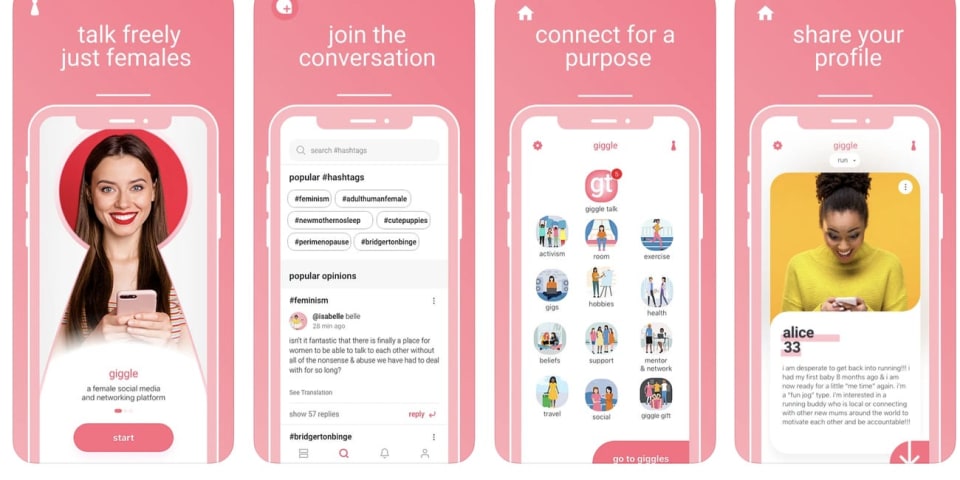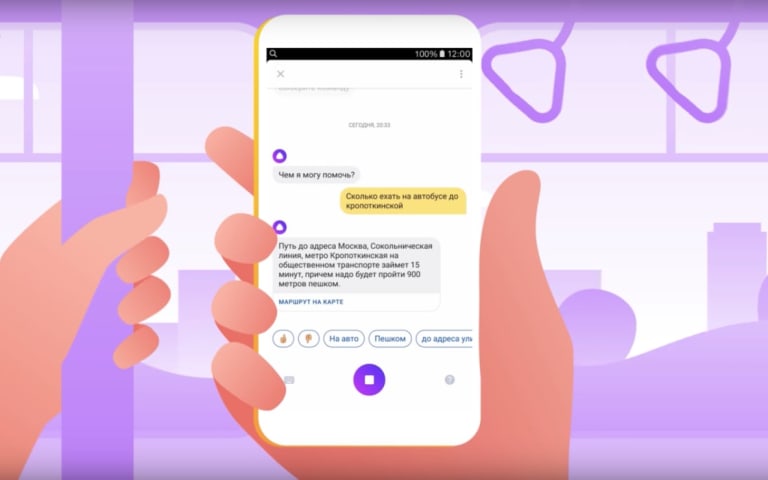Description: A social networking platform, Giggle, allegedly collected, shared to third-parties, and used sensitive information and biometric data to verify whether a person is a woman via facial recognition, which critics claimed to be discriminatory against women of color and harmful towards trans women.
Tools
New ReportNew ResponseDiscoverView History
The OECD AI Incidents and Hazards Monitor (AIM) automatically collects and classifies AI-related incidents and hazards in real time from reputable news sources worldwide.
Entities
View all entitiesAlleged: Kairos developed an AI system deployed by Giggle, which harmed trans women and women of color.
Risk Subdomain
A further 23 subdomains create an accessible and understandable classification of hazards and harms associated with AI
1.1. Unfair discrimination and misrepresentation
Risk Domain
The Domain Taxonomy of AI Risks classifies risks into seven AI risk domains: (1) Discrimination & toxicity, (2) Privacy & security, (3) Misinformation, (4) Malicious actors & misuse, (5) Human-computer interaction, (6) Socioeconomic & environmental harms, and (7) AI system safety, failures & limitations.
- Discrimination and Toxicity
Entity
Which, if any, entity is presented as the main cause of the risk
Human
Timing
The stage in the AI lifecycle at which the risk is presented as occurring
Post-deployment
Intent
Whether the risk is presented as occurring as an expected or unexpected outcome from pursuing a goal
Intentional
Incident Reports
Reports Timeline
Loading...

A new social app called Giggle is pitching itself as a girls-only networking platform. To sign up, users have to take a selfie. And while that might not sound too invasive, the app then uses “bio-metric gender verification software” to dete…
Loading...

An app marketed towards "females" has faced a barrage of online criticism for excluding transgender women with its use of artificial intelligence.
Giggle, which first launched in early 2020, according to The Verge, uses facial recognition t…
Variants
A "variant" is an AI incident similar to a known case—it has the same causes, harms, and AI system. Instead of listing it separately, we group it under the first reported incident. Unlike other incidents, variants do not need to have been reported outside the AIID. Learn more from the research paper.
Seen something similar?
Similar Incidents
Did our AI mess up? Flag the unrelated incidents
Similar Incidents
Did our AI mess up? Flag the unrelated incidents


:format(webp)/cdn.vox-cdn.com/uploads/chorus_image/image/67125757/Ec0GHZ0XYAQ_zau.0.jpeg)

